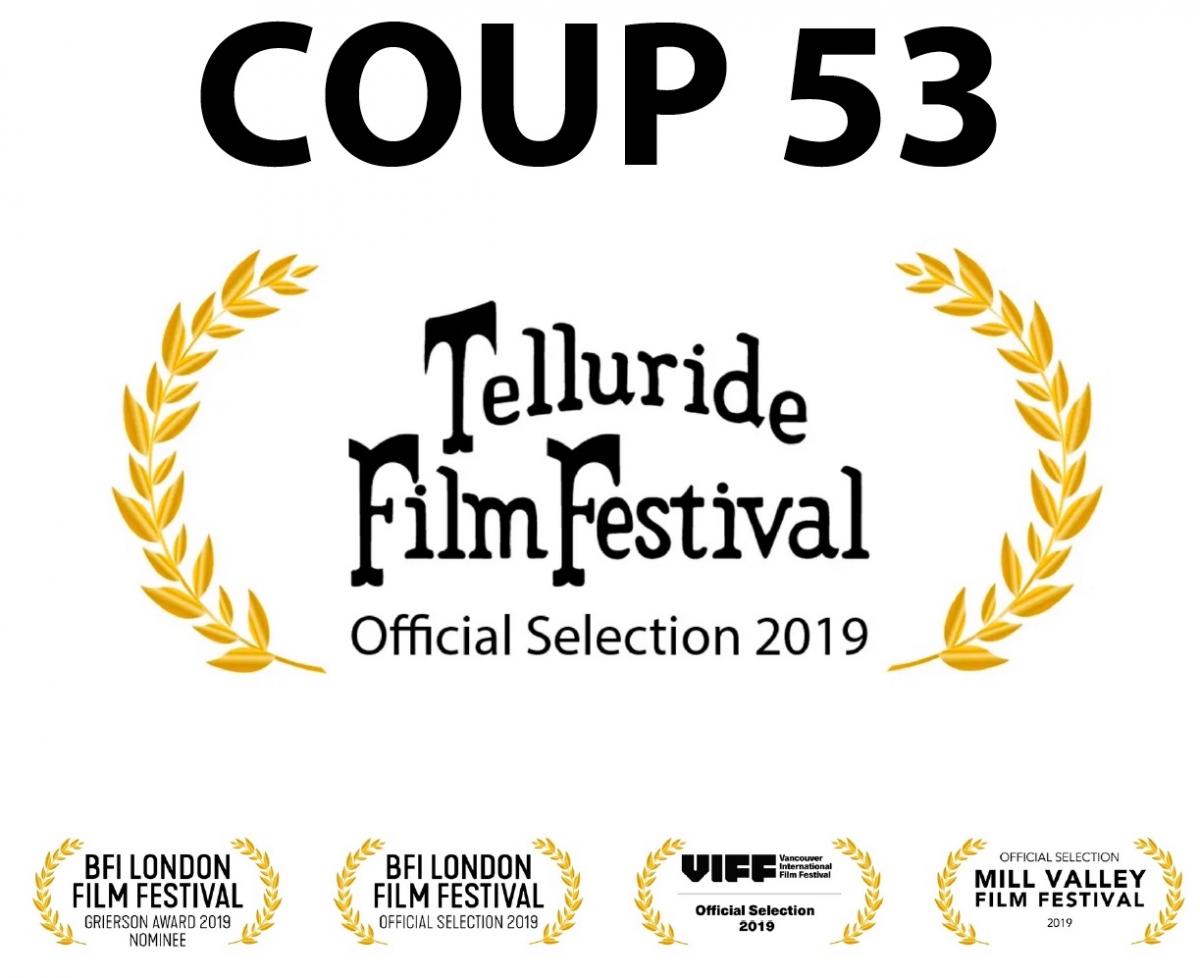The 1953 Coup In Iran: A Shadow Over Geopolitics
Table of Contents
- Introduction
- The Seeds of Discontent: Iran's Nationalist Awakening
- A Nation's Oil, A Global Dilemma
- Covert Operations: The US and UK Intervene
- The Fateful Day: August 19, 1953
- The Immediate Aftermath and Shah's Return
- A Turning Point: The Enduring Legacy of the 1953 Coup in Iran
- Declassified Truths: Unveiling the CIA's Role
- Echoes in the Present: The 1953 Coup in Iran and Modern Geopolitics
- Conclusion
The 1953 coup in Iran, an event etched deeply into the nation's collective memory, represents a pivotal moment that irrevocably altered the course of Iranian history and its complex relationship with Western powers. Often referred to in Iran as the 28 Mordad coup d'état (Persian: کودتای ۲۸ مرداد), this dramatic overthrow of a democratically elected government continues to reverberate through the decades, shaping geopolitical dynamics and influencing perceptions of foreign intervention.
On August 19, 1953, the world watched as Prime Minister Mohammad Mosaddegh, a figure celebrated for his nationalist fervor and commitment to Iranian sovereignty, was forcibly removed from power. This action, orchestrated with significant backing from the United States and the United Kingdom, was not merely an internal power struggle but a calculated move by external forces to secure strategic interests, primarily Iran's vast oil reserves. Understanding the nuances of this historical episode is crucial for comprehending the deep-seated mistrust that persists in the region today.
The Seeds of Discontent: Iran's Nationalist Awakening
To truly grasp the significance of the 1953 coup in Iran, one must first understand the political climate that preceded it. The early 20th century saw Iran grappling with the pervasive influence of foreign powers, particularly Britain and Russia, who vied for control over its resources and strategic location. Despite the formal independence of the Qajar dynasty and later the Pahlavi dynasty, economic concessions and political interference were rampant. This backdrop fostered a growing sense of nationalism among the Iranian populace, who yearned for genuine sovereignty and control over their own destiny.
Mohammad Mosaddegh emerged as a towering figure in this nationalist movement. A seasoned politician with a strong legal background, he championed the cause of nationalizing Iran's oil industry, which had for decades been under the near-exclusive control of the British-owned Anglo-Iranian Oil Company (AIOC). His rise to power in 1951 as Prime Minister was a direct reflection of the widespread public desire to reclaim national assets and assert economic independence. Mosaddegh's government, though popular domestically, quickly found itself on a collision course with powerful international interests.
A Nation's Oil, A Global Dilemma
The heart of the conflict leading to the 1953 coup in Iran lay in the struggle over oil. Iran possessed immense oil wealth, and the AIOC, a British company, held a concession that was widely perceived as exploitative and unfair to the Iranian people. The terms of the agreement ensured that the vast majority of profits flowed to Britain, leaving Iran with a meager share. This imbalance fueled Mosaddegh's nationalist platform, which resonated deeply with the Iranian public.
The Anglo-Iranian Oil Company and Its Legacy
The Anglo-Iranian Oil Company (AIOC) was more than just a business entity; it was a symbol of foreign domination and economic exploitation in Iran. Its extensive operations, from extraction to refining and distribution, gave Britain immense leverage over Iran's economy and politics. Mosaddegh's move to nationalize the oil industry was a direct challenge to this entrenched power structure. He argued that Iran's oil belonged to the Iranian people and that the nation should benefit fully from its own resources. This bold stance, while celebrated at home, was met with fierce opposition from London, which viewed it as a direct threat to its economic interests and global standing.
Mosaddegh's Bold Stand
When Mosaddegh was elected to power on a nationalist platform of taking control of the country’s oil assets in 19

New documentary film on 1953 coup in Iran features declassified

New documentary film on 1953 coup in Iran features declassified

In declassified document, CIA acknowledges role in 1953 Iran coup | CNN